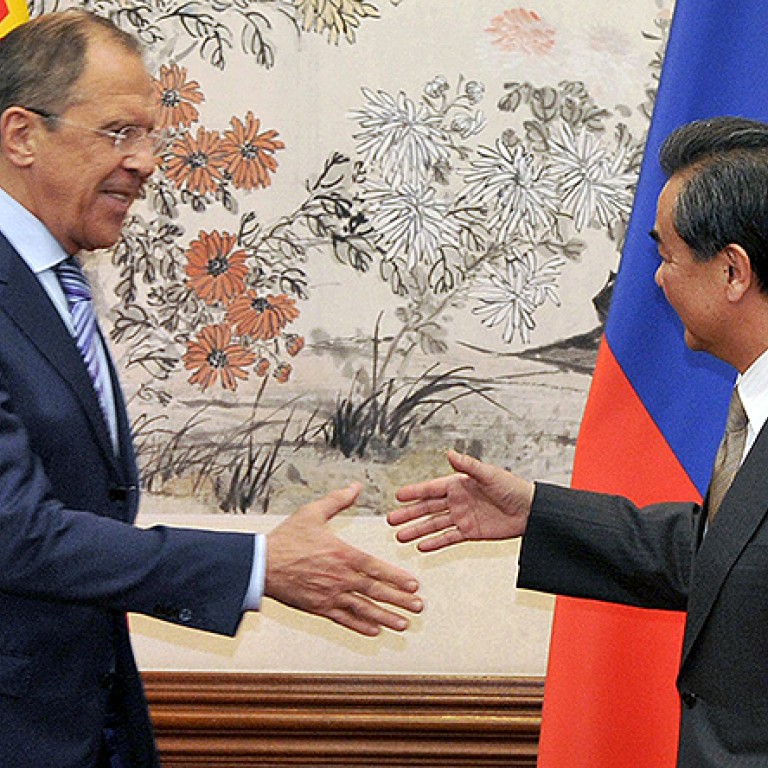
Amid Ukraine fallout, China emerges as the surprise winner
Frank Ching says Beijing, by doing little, scores diplomatically on the Ukraine crisis with both Russia and the US seeking its support
In a referendum in which Moscow was visibly pulling the strings, Crimea last month voted to leave Ukraine and become part of Russia, thus returning to a state of affairs that had persisted, on and off, since the 18th century. In 1954, the peninsula was detached from Russia and made part of Ukraine, at a time when both were Soviet republics.
The Crimea referendum was awkward for China since it had long taken the position that part of a country cannot legally vote to secede - unless, of course, the country's constitution permitted it to do so, as was the case with the Soviet Union. But Ukraine's constitution provides no such right to the country's constituent parts.
President Vladimir Putin thanked China for its support and for 'taking into account the full historical and political context'
A decade ago, when Chen Shui-bian was president in Taiwan, there was a movement to hold a referendum to declare the island independent of China. At the time, Beijing took the position that the 23 million people on Taiwan could not decide by themselves and that any referendum would have to include the 1.3 billion people on the mainland.
While the Crimea referendum can be seen as a precedent for secession, it can also be viewed as Crimeans deciding to "rejoin the motherland", from which they had been separated for 60 years.
Both Moscow and Washington had been courting Beijing's support on the Ukrainian issue. But the agreement reached in Geneva last week by Russia, the US, the EU and Ukraine to de-escalate tensions shows that Beijing is not really a key player.
Nonetheless, Russian officials went to great lengths to emphasise that the two countries were in "broad agreement". China, embarrassed, had told American officials behind the scenes that such was not the case.
The differences became evident when the UN Security Council voted last month on an American resolution terming the Crimea referendum invalid. China abstained.
China's abstention evidently meant that it could not endorse either the annexation of Crimea or the condemnation of Russia, its strategic partner.
Despite this, President Vladimir Putin, addressing the Russian parliament two days later, thanked China for its support and for "taking into account the full historical and political context".
The United States, too, strained to show that it and China were "on the same page", with Ben Rhodes, deputy national security adviser, emphasising the "principle that sovereignty and territorial integrity and the independence of nation states is the abiding principle of the international system".
But this is much more a Chinese principle than an American one, as the invasion of Iraq made clear. So, to show that China was on its side, the United States actually moved closer to China.
Putin is scheduled to visit China next month, and the expectation is that an agreement on natural gas will finally be reached, with Russia lowering its price demand in the face of possible European import cutbacks.
All in all, it seems, China is emerging as a winner from the Ukrainian crisis.

